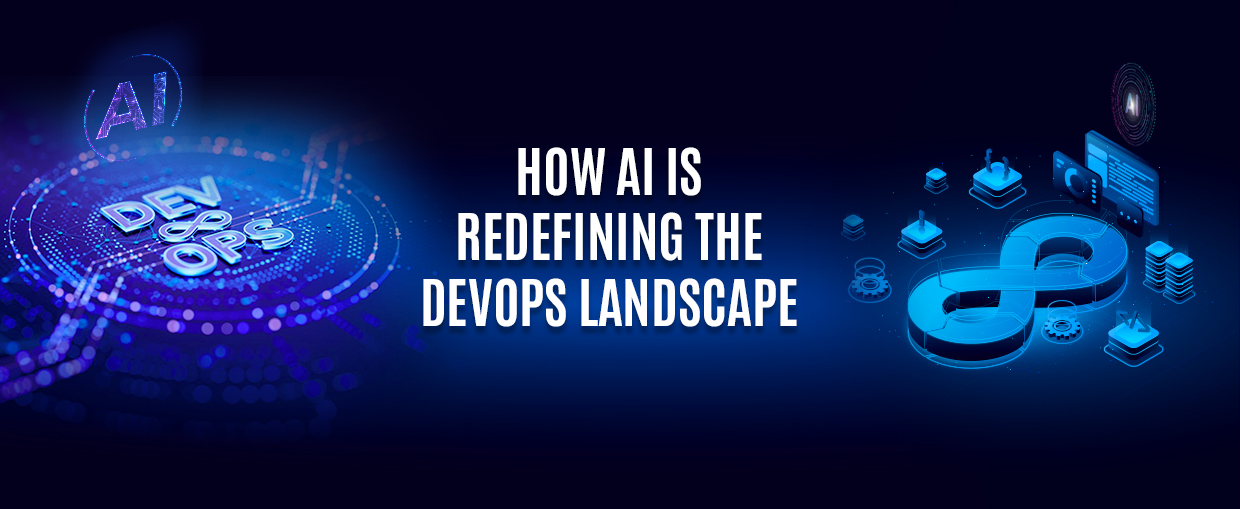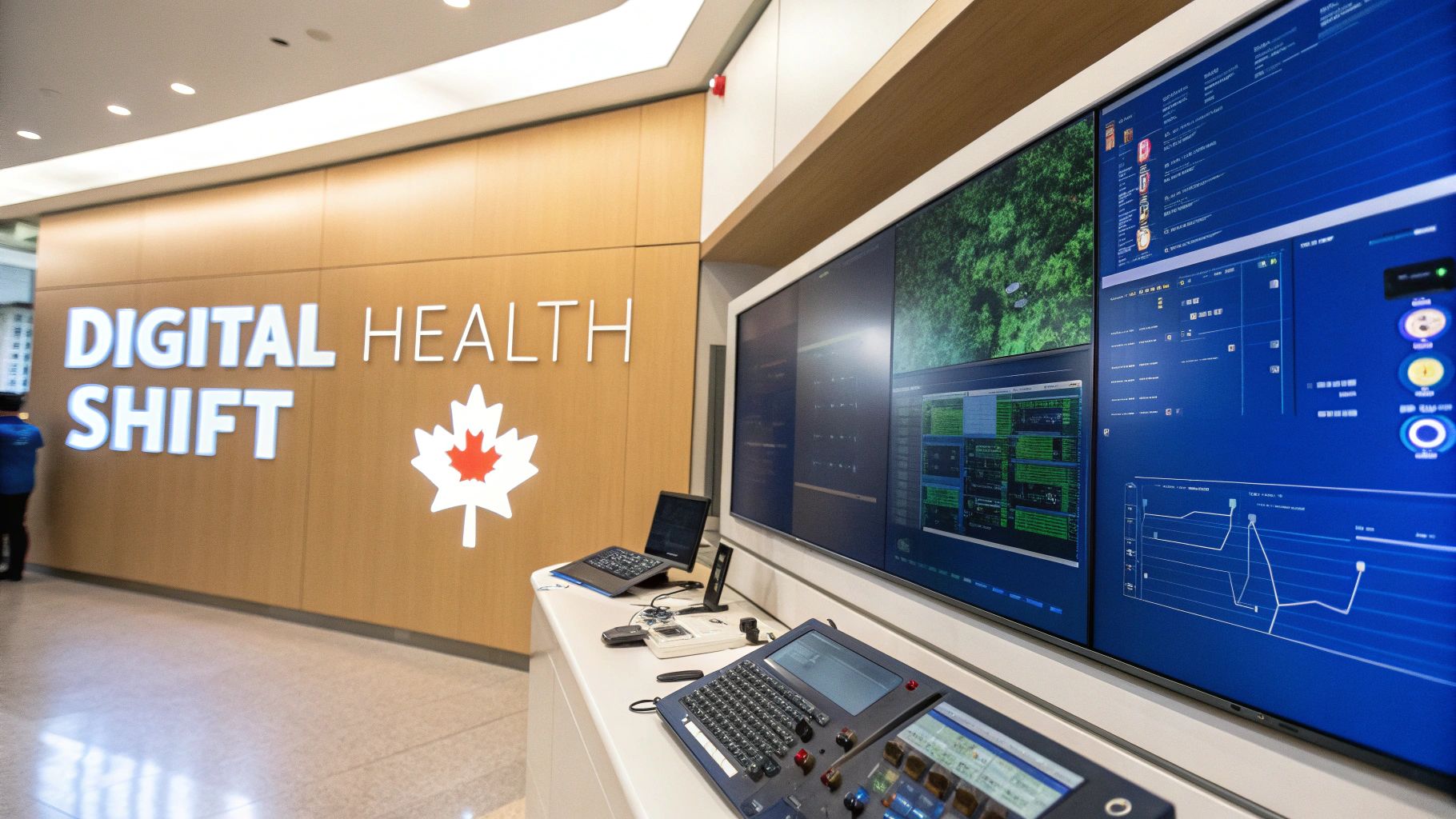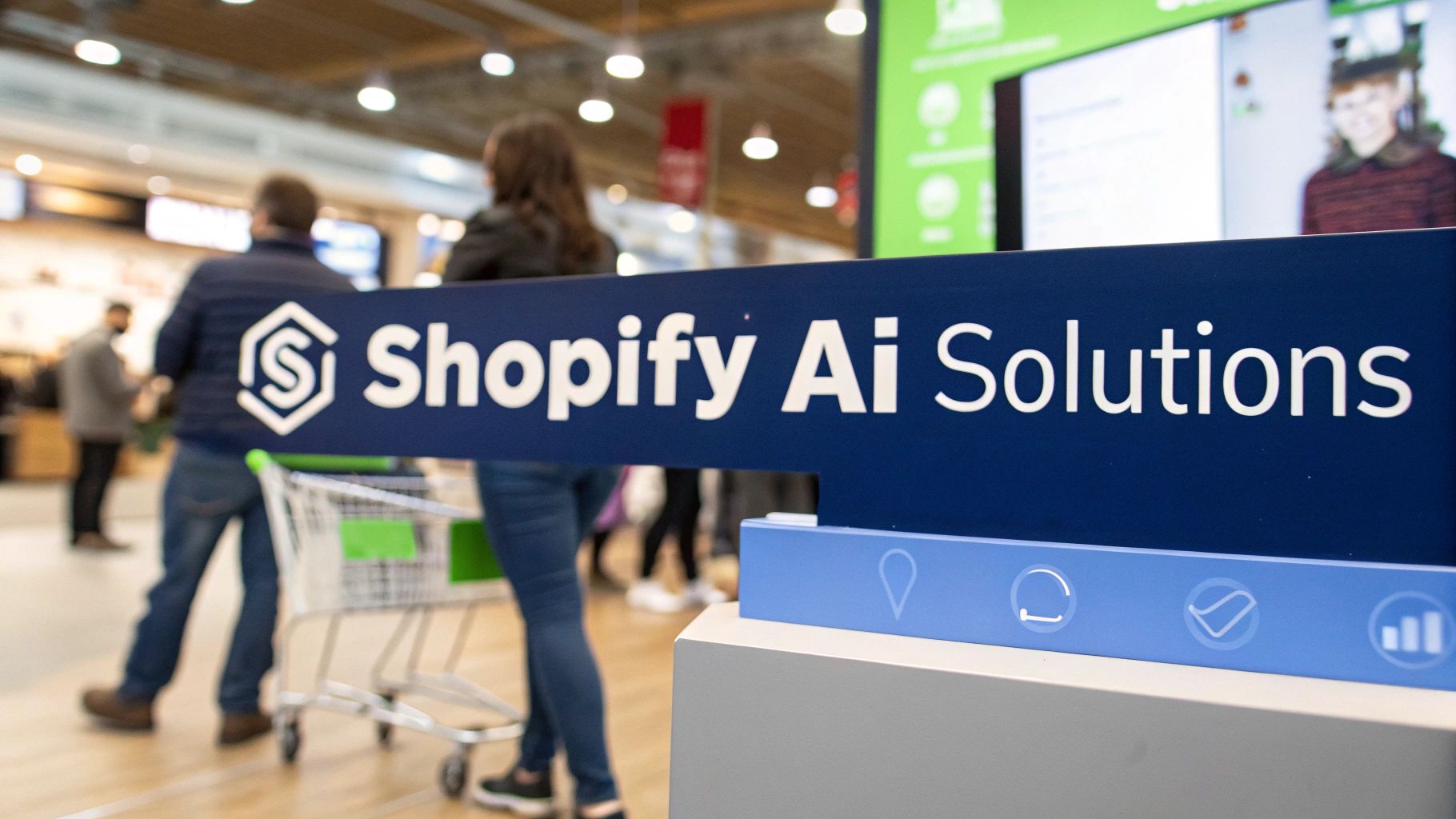Artificial intelligence has changed the way we approach software development, making way for more efficiency and innovation. A recent study reveals that nearly 24% of respondents utilize AI in one or more areas of the software development life cycle (SDLC). As more businesses try to harness this efficiency offered by AI to develop cutting-edge solutions, integrating the technology into DevOps has shown to be a game changer.
AI is transforming the way we approach DevOps. DevOps, a combination of the words “development” and “operations,” seeks to integrate software development and IT operations to improve software delivery speed and quality. AI integration with DevOps can boost efficiency, automate complex activities, and provide predictive analytics.
Let’s take a closer look at AI in software development, its benefits, the integration of AI in DevOps, implementing AI in DevOps, and the future of AI in software development.
Benefits of Using AI in Software Development
Improved Accuracy: One of the primary benefits of AI-assisted software development is increased accuracy. When it comes to identifying weaknesses and defects in software code, AI systems outpace human developers. By examining code patterns and detecting abnormalities, these algorithms can identify faults and issues that human developers may have missed. This means better code quality, which can help businesses by reducing downtime and increasing customer satisfaction.
Scalability: Another benefit of AI in software development is that AI algorithms can handle larger and more complex software projects, saving time and effort. As software projects expand in scale and complexity, integrating AI-driven algorithms can help optimize development workflows, reduce the risk of delays, and support timely project completion.
Increased Productivity and Efficiency: AI can automate repetitive and mundane tasks and operations, freeing up developers’ time to focus on the more hard and creative areas of software development. For instance, AI can streamline tasks such as automated testing and code optimization, enabling developers to concentrate on developing new code. It also aids in code management and analysis, enhancing the overall efficiency of the development process.
Improved User Experience: AI can greatly enhance user experience by delivering interfaces that are personalized and adaptable to individual user needs. Machine learning (ML) algorithms monitor user behavior, enabling developers to design adaptive interfaces that respond to individual tastes, resulting in more seamless and personalized interactions. As a result, this approach promotes user satisfaction and retention.
Predictive Analytics: AI-powered predictive analysis systems can leverage historical data, such as performance indicators, user feedback, and system logs, to forecast potential problems with a new release. This allows developers to correct vulnerabilities and defects before deployment, resulting in a smoother transition for end users and a reduced probability of post-release disruptions.
AI in Software Development: Alliance of AI and DevOps
The integration of AI into DevOps workflows has opened up an exciting new world of possibilities. AI’s ability to analyze large volumes of data, recognize patterns, and make intelligent decisions has enabled unimaginable degrees of automation, efficiency, and proactive resolution of problems. Software teams can now enhance their skills, speed up their workflows, and deliver higher-quality products with better efficiency and dependability by harnessing the capabilities of machine learning, natural language processing (NLP), and other types of AI technologies.
Implementing AI in DevOps
If AI is used correctly, it can provide several possibilities for DevOps engineers, IT professionals, and decision-makers seeking to streamline the software development process.
- Continuous Integration and Continuous Delivery (CI/CD)
One of the most common applications of AI in DevOps is continuous integration and delivery or deployment (CI/CD). AI assists in automating the process of developing, testing, and deploying code, allowing changes that pass relevant tests to be immediately integrated into the current codebase and pushed to production environments. This technique reduces the likelihood of errors and enhances the overall quality of the software that is being built.
- AI-Driven Automation
AI can automate routine processes like code deployment, testing, and monitoring, allowing human employees to focus on more important activities. Machine learning algorithms can learn from previous processes, improving efficiency and accuracy. Automation also helps to maintain consistency, speed up processes, and effortlessly scale operations as the project grows without incurring expenses for additional personnel.
- Continuous Improvement
AI can also be utilized to help with continuous improvement initiatives in DevOps teams. AI can discover trends and patterns in data from many sources, such as logs, performance indicators, and user feedback, and utilize them to suggest areas for development. This data can then be used to inform future development efforts and improve the software delivery process.
- Anomaly Detection
AI excels in detecting patterns in large volumes of data. Utilize this feature for real-time monitoring of apps, cloud infrastructure, and performance metrics. AI can detect small anomalies that may go unnoticed by humans, allowing you to handle potential issues before they escalate into serious disruptions.
Future of AI in Software Development
The incorporation of AI into software development strategies marks a paradigm shift that will transform how businesses build, deliver, and maintain software products. By embracing AI, software teams can attain unparalleled levels of productivity, quality, and continuous improvement, allowing them to stay ahead in an exceedingly competitive and rapidly changing digital landscape.
New trends and technologies are constantly emerging, further shaping the future of AI in software development. These include the use of machine learning models to predict and manage resource allocation, creating more complex AI-driven monitoring and alerting tools, and integrating AI with other emerging technologies like edge computing and serverless architecture.
However, successful AI implementation in software development demands a calculated and cohesive strategy. Organizations must invest in infrastructure and establish an innovative culture. Furthermore, they must address ethical concerns and prioritize the responsible use of AI to preserve trust and mitigate any potential risks.
The Wrap
As AI technologies evolve, opportunities for creativity and efficiency in software development will expand. Organizations that embrace this shift and leverage the power of AI will be better positioned to develop high-quality software solutions, generate revenue, and stay ahead of their competitors. You too can enjoy the benefits of implementing AI in software development by partnering with an experienced and reliable software development company that offers top-tier custom software development, IT consulting services, app development, QA consulting services, and more! You can also partner with us to hire skilled developers who will enhance the productivity of your in-house team.







